
The Arab Spring
Everything started in Tunisia in December last year when a series of protests against unemployment, inflation and corruption led to the escape of president Zine el-Abidine Ben Ali on January 14th. Ben Ali ruled the country for 23 years. On January 25th the uprising in Egypt erupted that led to Hosni Mubarak step down after almost 30 years in power. In the meantime unrest spread to Jordan, Yemen, Bahrain, Libya, Saudi Arabia, Algeria, Morocco and even Iran. The protests differ both in motives and in scale. The countries themselves also differ in terms of system, religious influence and military presence. euinside is following the developments from the very beginning and is looking for the reasons and the impact.
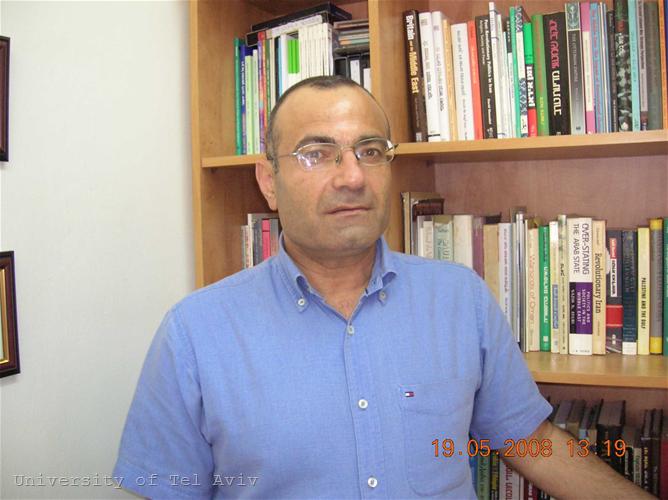 | © University of Tel Aviv
| © University of Tel AvivThe West Should Be Identifying the Democratic Alternatives in the Middle East
A month ago Bulgaria experienced a terrorist attack that took it out of the provincial sense of bliss that the global terrorism will bypass its lands. The 18 July assault in Bourgas shocked not only the country but half of the world to make them stare even more horror-stricken at the Middle East ... | © Syrian Presidency
| © Syrian PresidencyThe Russian-Chinese Veto on Syria: a Rehearsal for Making the UN Pointless
A cover of the Russian Profile magazine from September 2011 gives an almost prophetical hint to today's diplomatic stalemate on Syria. The famous Russian expert of Arab affairs, former Prime Minister, foreign minister and head of the intelligence Evgeny Primakov makes the V-sign under a big titl ...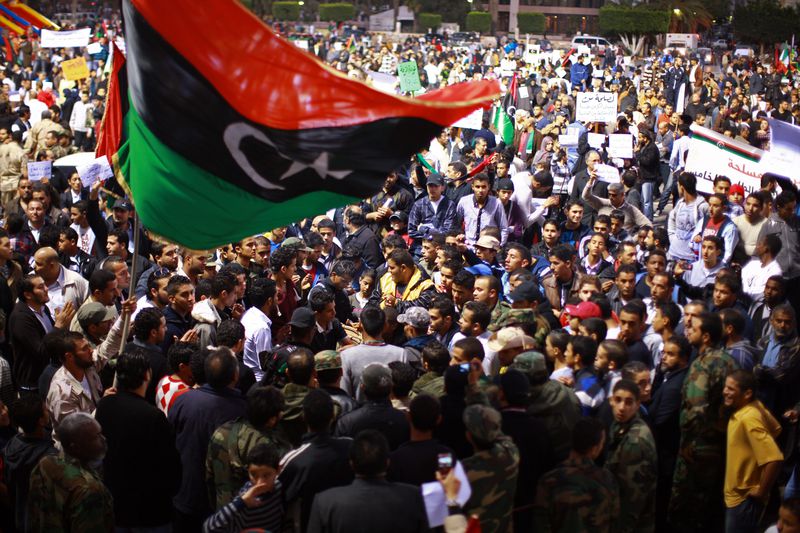 | © UN
| © UNArab Revolutions: Accomplishments and Effects
These days the people in Tunisia are again in the streets. This time for a celebration: the first anniversary since the fall of dictator Ben Ali. One year ago street vendor Mohamed Bouazizi set himself on fire and triggered a powerful wave of protest started in North Africa that reached the Midd ... | © Présidence de la République @ L. Blevennec - P.
| © Présidence de la République @ L. Blevennec - P. The Friends of New Libya Counted Themselves
New Libya will be a country of reconciliation, tolerance and rule of law, the head of the Libyan National Transitional Council (NTC), Mustafa Abdel Jalil, promised to the international community. "The Friends of Libya", that were gathered at the Elysee Palace, in turn promised their full support ...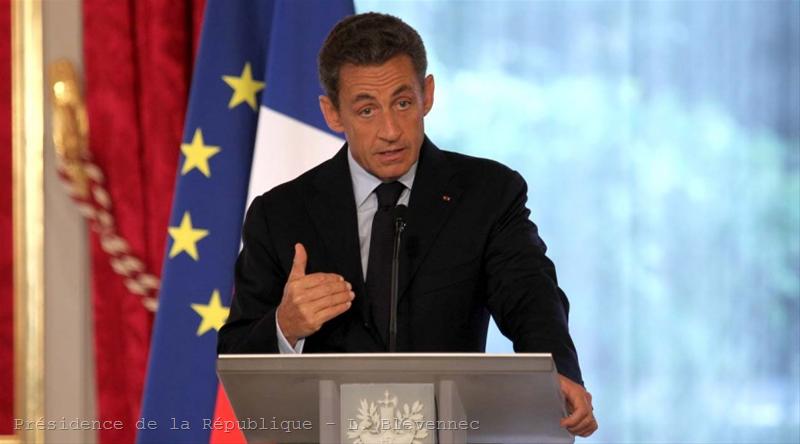 | © Présidence de la République - L. Blevennec
| © Présidence de la République - L. Blevennec'Friends of Libya' are meeting in Paris
Global political elite is gathering in Paris for the international conference 'Friends of Libya'. The event, which will be held tonight at the Elysee Palace, will be hosted by French President Nicolas Sarkozy and British Prime Minister David Cameron. Both leaders were those who initiated the NAT ...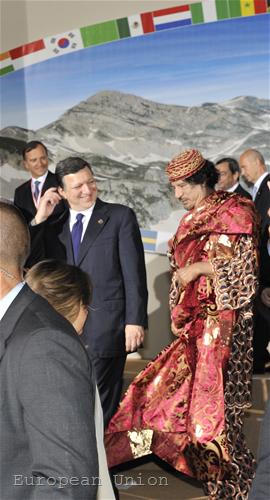 | © European Union
| © European UnionThe West's fading influence
Unlike the wars in Afghanistan and Iraq the situation with the Arab Spring caught the West off guard. No one expected it, no one had been prepared. It is no accident that I mention Afghanistan and Iraq in one sentence with the Arab Spring. In the first case we are talking about "enforcing" of de ...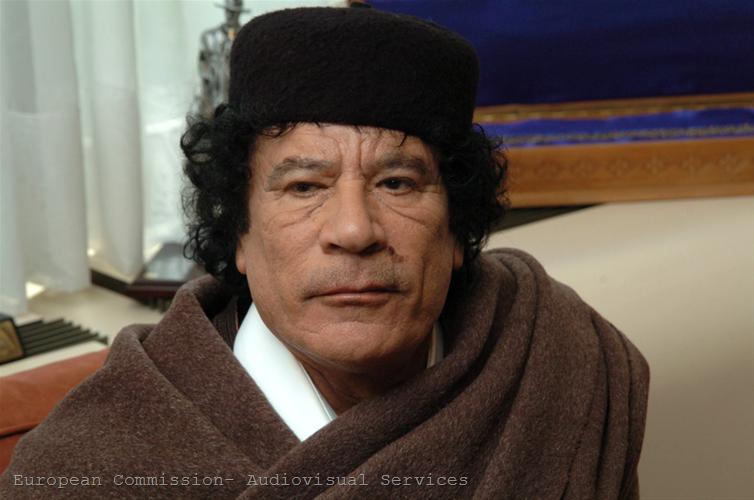 | © European Commission- Audiovisual Services
| © European Commission- Audiovisual Services Gaddafi's final countdown
Nobody knows where Muammar Gaddafi is. And it appears as nobody in his former bastion Tripoli cares about that. The rebels are celebrating their victory on the Green Square, although they still don't have complete control over the city and at some places fighting is still going on against the Co ...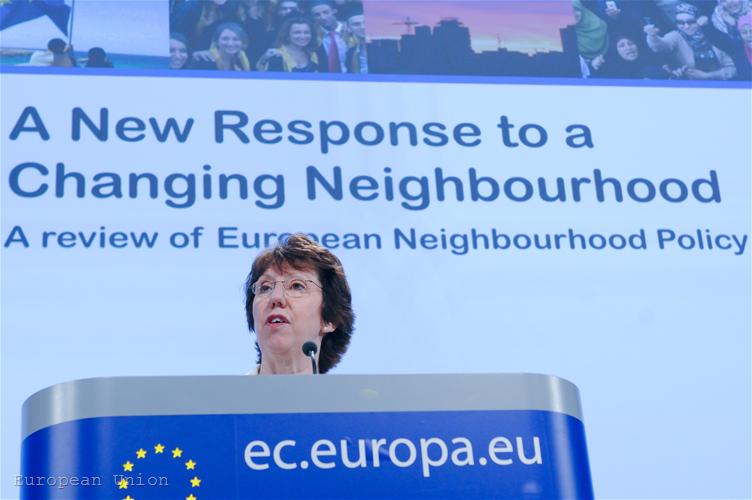 | © European Union
| © European UnionThe EU will curtail its relations with dictatorial governments
Neither are they many, nor are significant the changes the European Union is offering in a joint communication of the European Commission to Parliament, Council, the European Economic and Social Committee and the Committee of the Regions, entitled A New Response to a Changing Neighbourhood. The ...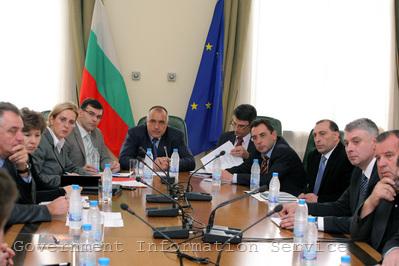 | © Government Information Service
| © Government Information ServiceWake Bulgaria up, please, and ask for her position!
Bulgarian PM Boyko Borissov is probably imitating his colleagues, especially those of them who defend the national interests of their countries in the EU. Probably because of this, he has believed it is possible to maintain a distance on a topic which, indeed, provides Bulgaria with a few reason ...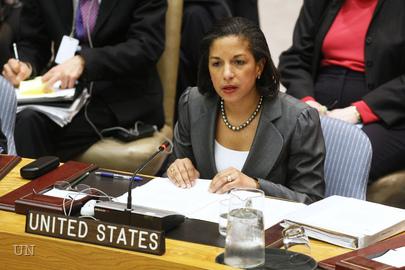 | © UN
| © UNIt has started
After intense weeks of negotiations on March 17th the UN Security Council approved a resolution, authorising the use of force in Libya, aimed at protecting the civilian population especially in the eastern city of Benghazi, where colonel Muammar Gaddafi threatened to storm the city and that he w ...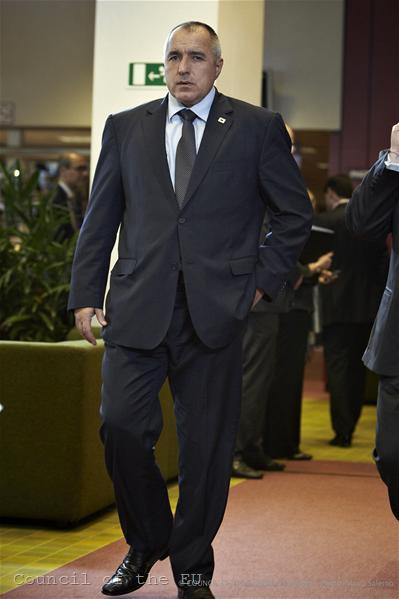 | © Council of the EU
| © Council of the EUEurope's soft war in Libya
For several days I feel very much bifurcated in my opinion of the decision the EU leaders took at their Extraordinary European Council on Libya on Friday, March 11th. There, in spite of the discord, the 27 heads of state and government ultimately came up with joint conclusions, in which they fir ...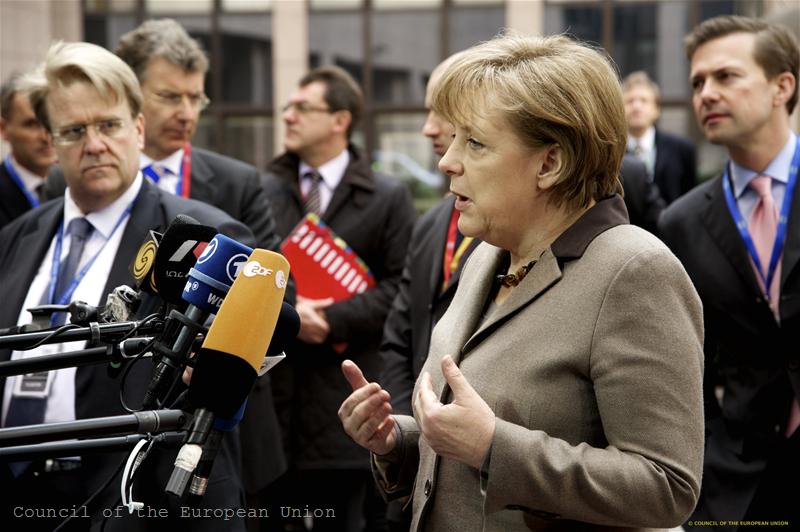 | © Council of the European Union
| © Council of the European UnionThe EU is discussing the "democratic awakening" in North Africa
The leaders of the 27 EU member states gathered today in Brussels for an extraordinary European Council on the situation in North Africa and in Libya in particular. There is no unanimity, though, among the 27 heads of state and government regarding the Union's approach toward the Jamahiriya. Yet ...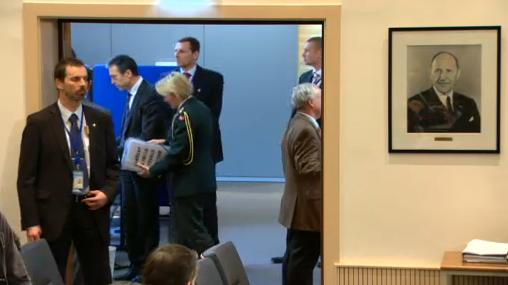 | © null
| © nullNATO is expanding surveillance in the Mediterranean
"Time is of the essence", NATO's Secretary General Anders Fogh Rasmussen said after the meeting of the defence ministers of the Alliance in Brussels on Thursday (March 10). Precisely for this reason NATO has decided to expand its surveillance to 24/7 in the central Mediterranean, by increasing t ...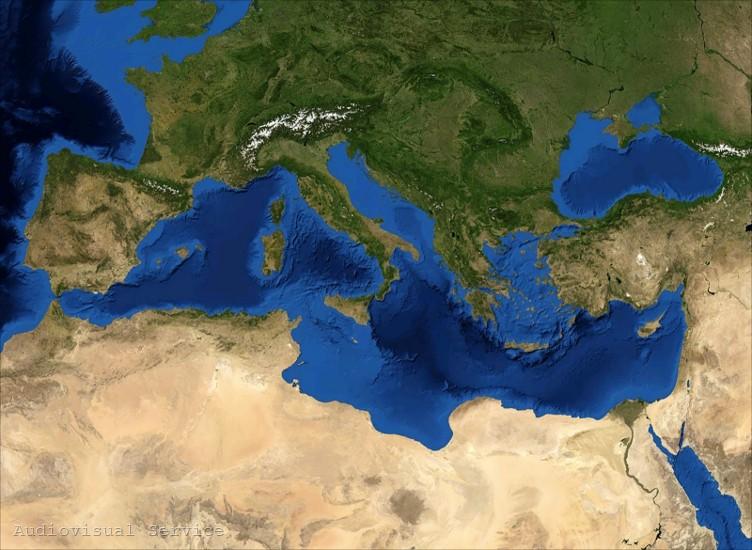 | © Audiovisual Service
| © Audiovisual ServiceThe EU offers the South Mediterranean money for reforms
The European Commission has come up with a proposal for a joint communication (between the Commission, Parliament, Council, the Economic and Social Commitee and the Committee of the Regions) for a new Partnership for Democracy and Shared Prosperity with the South Mediterranean. The document is a ...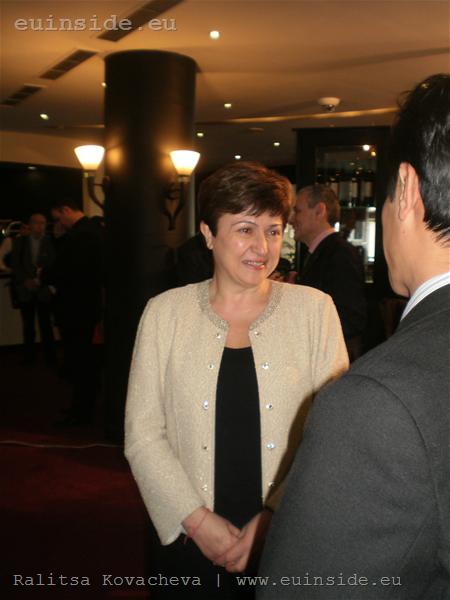 | © euinside
| © euinsideThe Libyan dilemma
Although they start peacefully, protests always turn into a wish to kill and be killed, a recently said Israeli Defence Minister Ehud Barak. Then he meant Egypt, where in the beginning of the protests, before they have inflamed genuinely, they were considered mainly in the context of their impac ... | © UN
| © UNThe international community finally moved toward sanctions against Libya
Only a day after President Barack Obama hardened his position on Libya and announced unilateral sanctions against the regime of colonel Muammar Gaddafi, the United National Security Council also moved forward toward endorsing a resolution with tough measures against the almost entirely isolated ...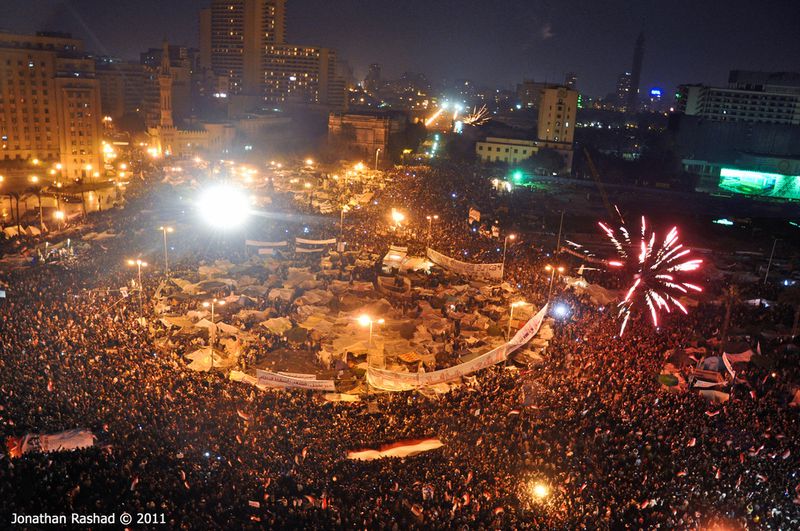 | © Jonathan Rashad
| © Jonathan RashadEast versus South
In the wake of public unrest against ruling regimes in the South Mediterranean, six EU member states - France, Greece, Spain, Cyprus, Malta and Slovenia - called for measures that should prove European support for the countries in the region which took the path of transition and reforms process. ... | © euinside
| © euinsideInterests vs. values or is it late Libya to be condemned
Probably it is not politically easy when you are involved unpleasantly with a dictator, to quickly react and tell him he is a bad boy. May be it is not easy but gets facilitated when the oil price soars sharply, the refugee flows become floods and chaos threatens to destroy the already fragile p ... | © Adelina Marini | www.euinside.eu
| © Adelina Marini | www.euinside.euGaddafia
It was clear for quite some time that in Libya the unrest would hit a rock because this is the country of Gaddafi - the state Gaddafia. A country, ruled only by a single person, without a government, with rules written by Gaddafi himself in his famous Green Book. And this has been going on for 4 ... | © European Commission- Audiovisual Service
| © European Commission- Audiovisual ServiceAre we ready for the offline effect of online revolutions?
Algeria, Tunisia, Jordan, Lebanon, Yemen, Egypt, Bahrain, Libya. What triggered the "winter of discontent" in the Middle East and North Africa? What do the protesters want, how far are they ready to go, how deep can the changes be and what do they mean for the entire region and for the world? Th ...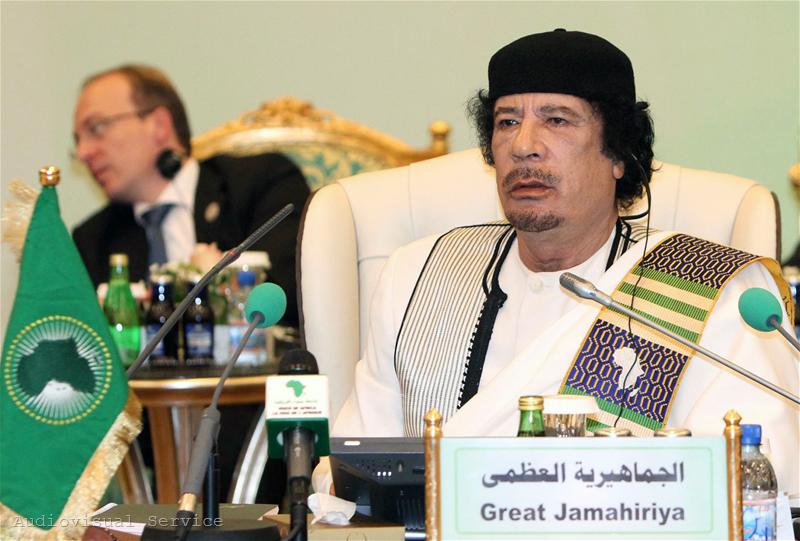 | © Audiovisual Service
| © Audiovisual ServiceThe ugly face of dictatorship
We should remember, although here tanks never entered and we were never beaten in the streets in order to continue to endure a long-standing leader. But the Hungarians for sure remember, as well as the Czechs. Now in the second decade of the 21st century we are witnessing horrible repressions in ...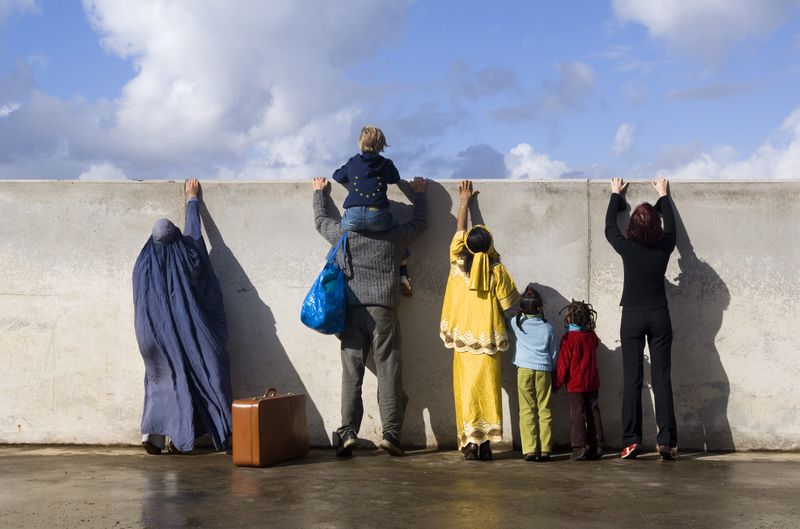 | © Audiovisual Service
| © Audiovisual ServiceAnother series of challenges for the EU
A country like Bulgaria probably finds it hard to imagine what a big problem could illegal immigrants be, for the simple reason that it has never been an object of aspirations for the people outside the European Union, aiming for better life, freedom and respect of personality. By the way, it is ...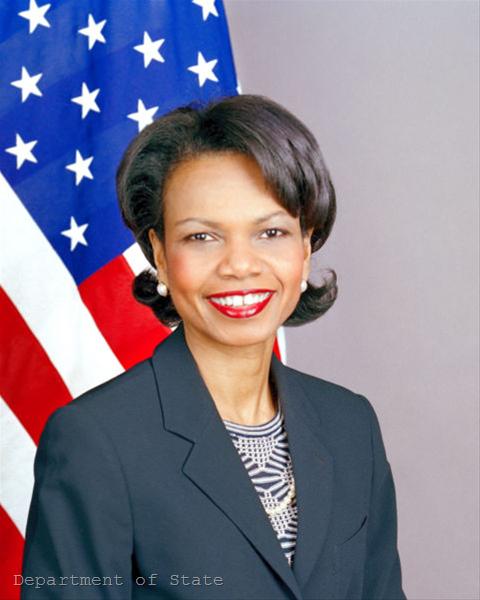 | © Department of State
| © Department of StateWhen the inevitable has come
Some things are inevitable. Because of the clash between the short-term and the long-term. And because of the development that has happened meanwhile. This is precisely the case with the developments in the Middle East and Northern Africa. A region whose future and present has been defined by th ... | © null
| © nullThe new unipolar world - the Internet
A new trend has started outlining itself during the protests and changes in Egypt - whoever controls Internet, will rule the world. Do you remember the uprisings in Moldova in April 2009, called in the West a Twitter-revolution? Then again, according to Western analysts and media, most protester ...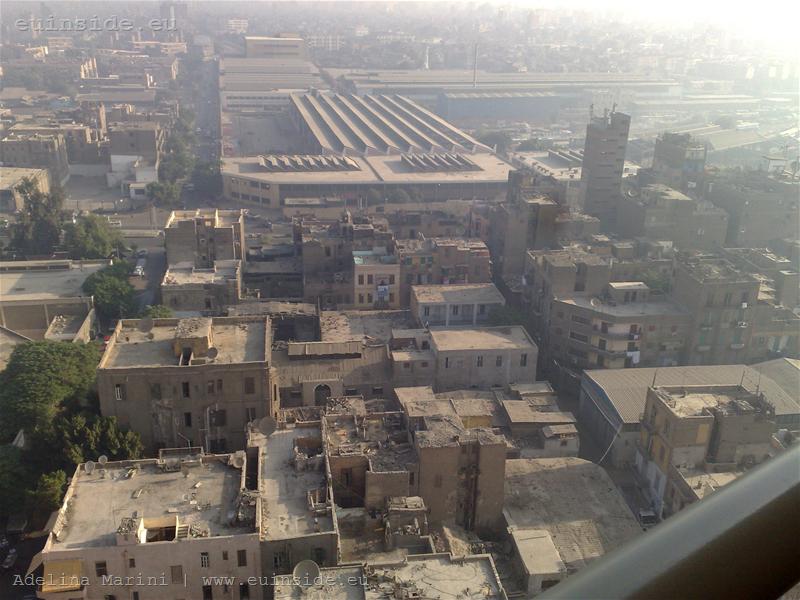 | © euinside
| © euinsideUnexpected deepening of the crisis in Egypt
18:16 Literally minutes after the publication of this article it became clear that the Egyptian president, Hosni Mubarak, had resigned and had transferred governance to the military. This was reported by vice president Omar Suleiman. The protesters are jubilating. I did not expect exactly this ...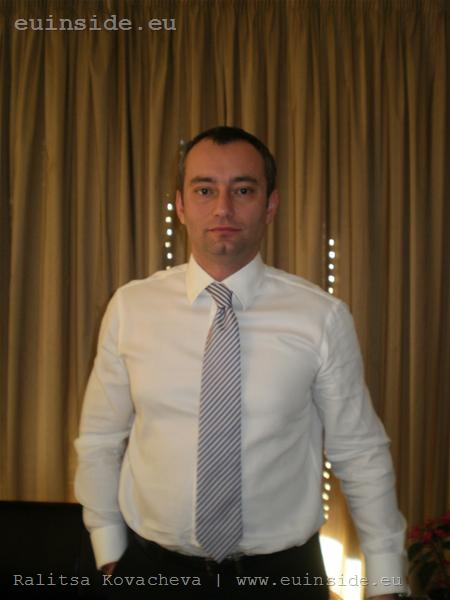 | © euinside
| © euinside